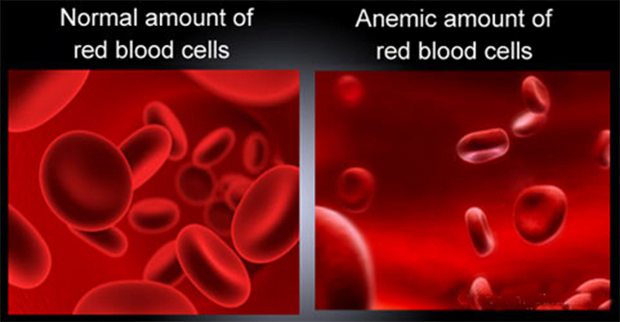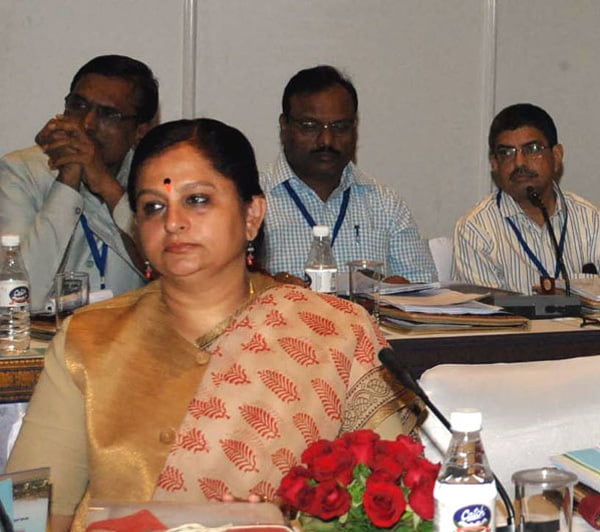Anaemia is rising at an alarming rate in India, and it affects about a quarter of people globally. It reduces productivity by decreasing the ability of an individual to work.
All over the world, it affects women more than men due to recurrent loss of blood.
Dr. Rachna Pande, in an article in The New Times explained the reason for this, “Women suffer from chronic blood loss due to monthly menstrual cycles. This blood loss if not corrected by an appropriate diet, always leads to chronic anaemia. Women have hormonal changes in the body during the different stages of life like adolescence, pregnancy, lactation, and menopause.
During all these phases, demand for iron and calcium is increased. If this increased demand is not fulfilled, they tend to suffer from chronic iron deficiency anaemia and softening of bones. Some blood is invariably lost during child birth. This also contributes to the anaemia in women. The greater the number of pregnancies and deliveries, the more the chances of affected women developing chronic anaemia.”
As per the figures of National Family Health Survey-4, 52.5% women in the age group of 15 to 49 years and 25.5% men are suffering from anaemia.
To counter the problem of anaemia in Madhya Pradesh, the government has decided to launch the campaign “Lalima Abhiyaan”, under which iron folic acid tablets will be provided for free in aaganwadis’ academic institutions, and hospitals.
Archana Chitnis
It will be launched on November 1, according to Minister for Women and Child Development Archana Chitnis.
Madhya Pradesh Chief Minister Shivraj Singh Chouhan has urged Health Minister Jagat Prasad Nadda through a letter to distribute ferrous escorbate tablets in place of ferrous sulphate tablets, an official of the Public Relations Department said.
Chitnis highlighted the fact that anaemia is a common health problem in women, teenage girls, and children. If a pregnant woman suffers from anaemia, the child born will be weak and of low weight.
Severe anaemia can also result in infertility.
Along with making medicines available for people, the MP government should also aim at educating people about anaemia, and also conduct free checkups for testing the anaemia level. People should be encouraged to eat and drink healthy, with foods rich in iron.
When we had to fight against polio, we set up ‘polio ravivar’, a similar approach is needed for anaemia as a majority of population is plagued by it.
While this is MP’s first step towards getting rid of it, it is not a one step process; there is a long way to go. Let’s see when Madhya Pradesh achieves its aim of “anaemia-free state” with Lalima Abhiyaan!
If you liked reading this, take a look at:
Madhya Pradesh Government Introduces The Department Of Happiness: A Step Towards Ache Din




































